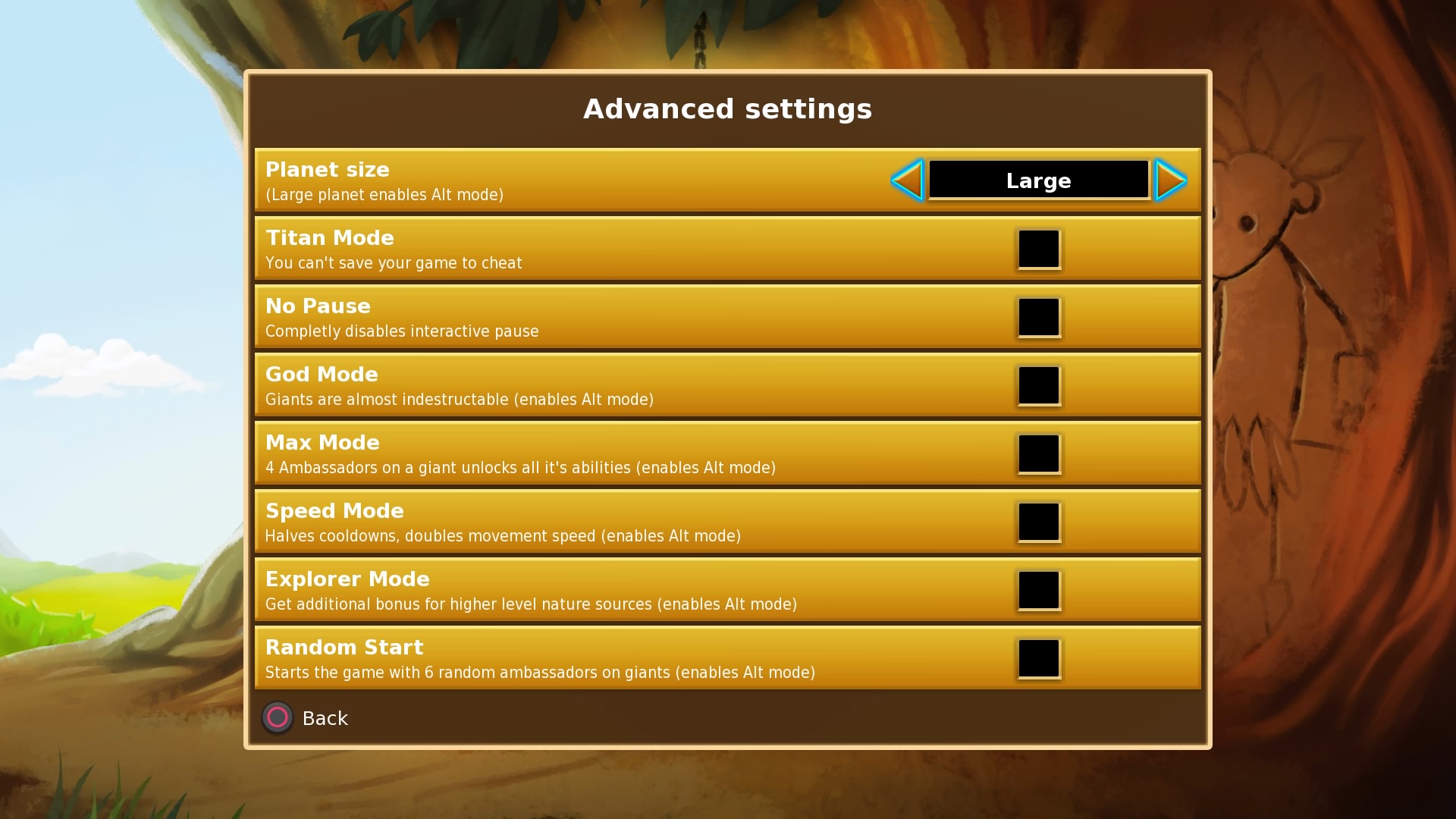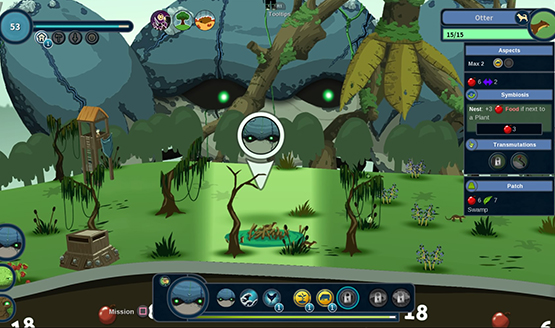I can’t believe I never heard of Reus when it released on Steam three years ago. I love sim-style games, and this one appeared to have its own unique spin on the genre, not to mention adorable visual representation. Look at the image above. I created otters. Otters. That already puts it in my personal game of the year race. Adorable otters aside, how well does it stack up against other god genre titles? PC gamers seem to love it on Steam, which hints that it does something right in this genre, but how well does it cross to the console? Sim games and other real-time strategy titles often hit a barrier with controllers that those using a mouse and keyboard don’t find. The controls definitely aren’t as snappy as they would be with the click of a mouse, but Reus isn’t hindered at all by the analog sticks. It’s still a great experience on the PS4, and it’s one that everyone who thinks they’ve seen it all with god games should try.
You Are Captain Planet
The player isn’t set up as a god, per se, but as the planet itself. This is obviously a technical term, but there is a reason behind it as well. As the planet, you wake to find your surface a desolate wasteland with no life at all. It’s up to you to make your planet prosperous again, and fortunately you have the help of four elemental giants to aid in creation. At their basest abilities, the Ocean Giant creates oceans, the Forest Giant builds forests, the Rock Giant builds mountains, and the Swamp Giant creates, well, you can probably guess. Oceans are needed before forests and swamps can take form. Creating mountains begets deserts. Building a mountain too close to an ocean will cancel the ocean and vice versa.
Once the land is terraformed, it needs plants and animals to complete the cycle of life. After you do add in flora and beasts, humans arrive to build villages. Now the game officially begins, as well as the juggling act you will inevitably encounter. After all, you may be able to control the lay of the land, which plants grow, and which animals will settle, but you can’t make the humans do anything.
When the humans arrive, they’ll start off simple enough with just building a village, killing your animals for food, and eating your plants. Then they’ll build projects, and they expect you to help them do so. Each project has a time limit and requires a certain number of resources to be in use. To increase the resources available in the village, you’ll have to do more than just plant more trees or transmute them into different, better producing trees. You’ll also have to take into consideration the symbioses of the particular resource. For example, blueberries produce more food if they’re next to strawberries, apple trees, or dandelions. In swamps, peppermint plants produce more tech if they reside next to minerals. As one project completes (or fails if not done in time), eventually another project will come forward, and more often than not, it will force you to reconfigure your plants, animals, and minerals.
After awhile, though, when your giants become more powerful and learn new abilities, the humans will become less patient with you and less in awe of your might. They’ll be more demanding with the projects and overall less impressed with anything you do. They’ll become, dare I say, entitled.
Give the Humans a Cookie…
If you’re too coddling with your villages, the humans will become more than entitled; they’ll become greedy. There are ways to thwart the greed with your symbioses of various plants and animals. But if you aren’t able to nip it in the bud (or flat out don’t want to), they’ll become hostile and attack other villages on the planet. You can always just let it play out, or you can get involved. You can also wipe out the entire village if it’s beyond saving and start anew. It’s your planet. You let those pesky humans know who is really in charge of their livelihoods.
It does take some time to get to this super greedy point, and outside of the tutorials, you won’t see this until you unlock longer eras to play. After completing the tutorials, you can only play the 30-minute eras until you earn so many achievements to unlock the next time limit era. At the end of an era, the giants and planet go back to sleep, hoping for the best while they slumber. Surely the humans will take care of what they were given, right? Yeah, no. Once you wake (start a new era), you’ll find the planet as desolate as it was when you first started. Darn humans.
Freeplay is open after the tutorials, but you will only have access to the abilities you’ve unlocked during the eras. You can’t unlock anything new in freeplay either, but freeplay is a great way to get the hang of balancing various villages and their projects with the abilities you have.
The controls are not the best for this type of game due to the limitations and speed of the controller vs. a mouse, but if I had a true complaint, it’s that there’s no real way to be an evil planet. Or I should say, no real reward. While it’s fun to build up communities only to smack them down later or set villages against one another and watch the world burn, there’s no profit in it. New abilities aren’t unlocked and there are few achievements for destroying societies. The developers obviously want you to be a nice planet with nice developments and nice humans. Sometimes though, you just want to set fire to everything. Or build mountains in the middle of a village and watch everyone flee in terror. It’s the little things in life.
Despite this reining in on being a tyrannical god, Reus is phenomenal. It has that right balance of allowing players to move as quickly or as slow as they want for newcomers to the genre or seasoned god veterans. The only time I felt overwhelmed is when I let myself become that way by growing too many villages. With the number of unlockables for abilities and developments, even these veterans will find plenty to do in Reus for several hours, and better yet, they’ll enjoy that time as much as the newbies.
Reus review code provided by publisher. For more information on scoring please see our Review Policy here.
-
Adorable and brightly colored visuals
-
Complex, but not overwhelming gameplay
-
Unique take on the god game genre
-
Era and freeplay modes offer different challenges
-
Not enough rewards to be evil
-
Analog sticks aren't the best controls for this type of game
Reus Review
-
Reus Review #1
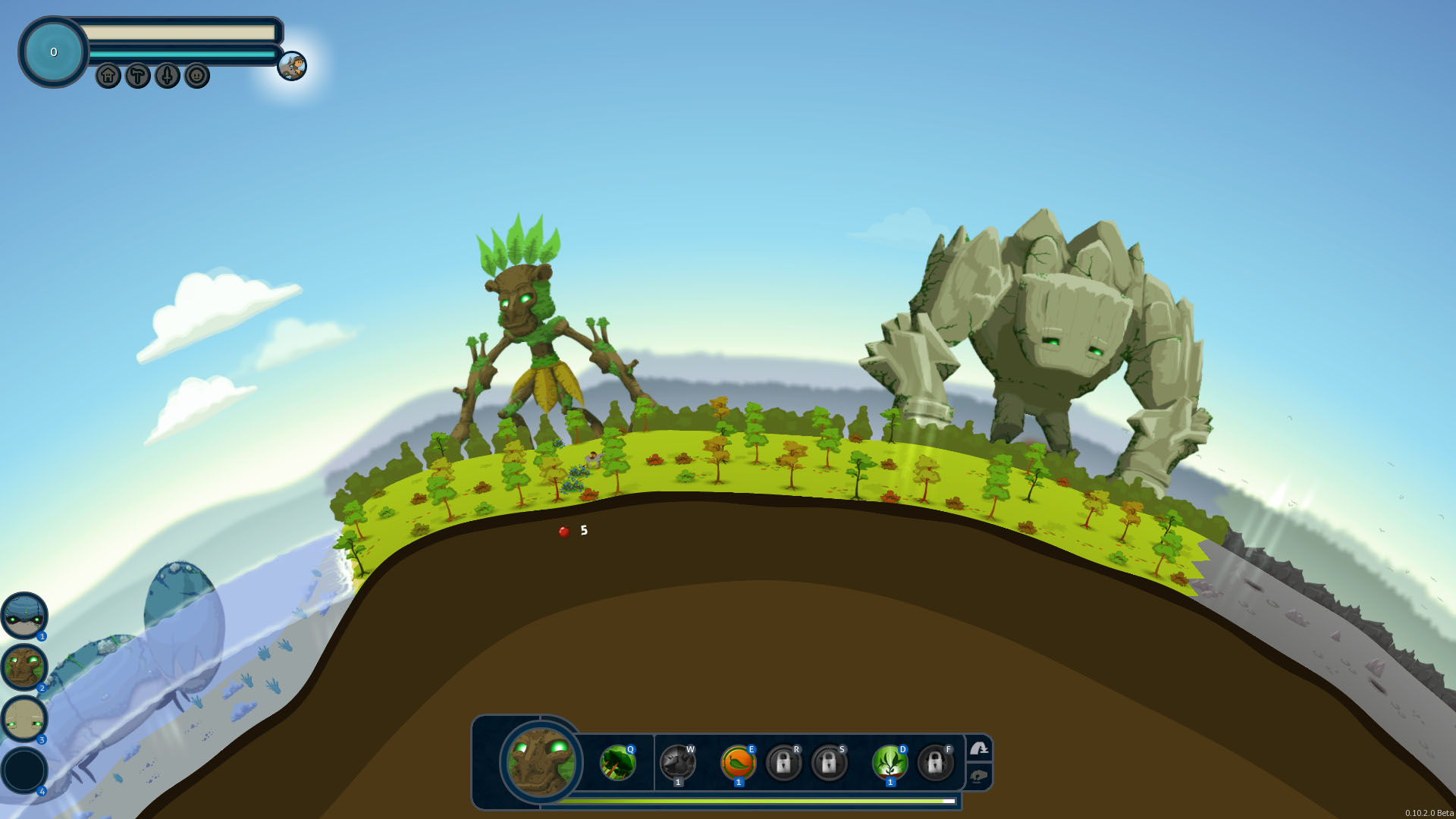
-
Reus Review #2

-
Reus Review #3

-
Reus Review #4

-
Reus Review #5

-
Reus Review #6
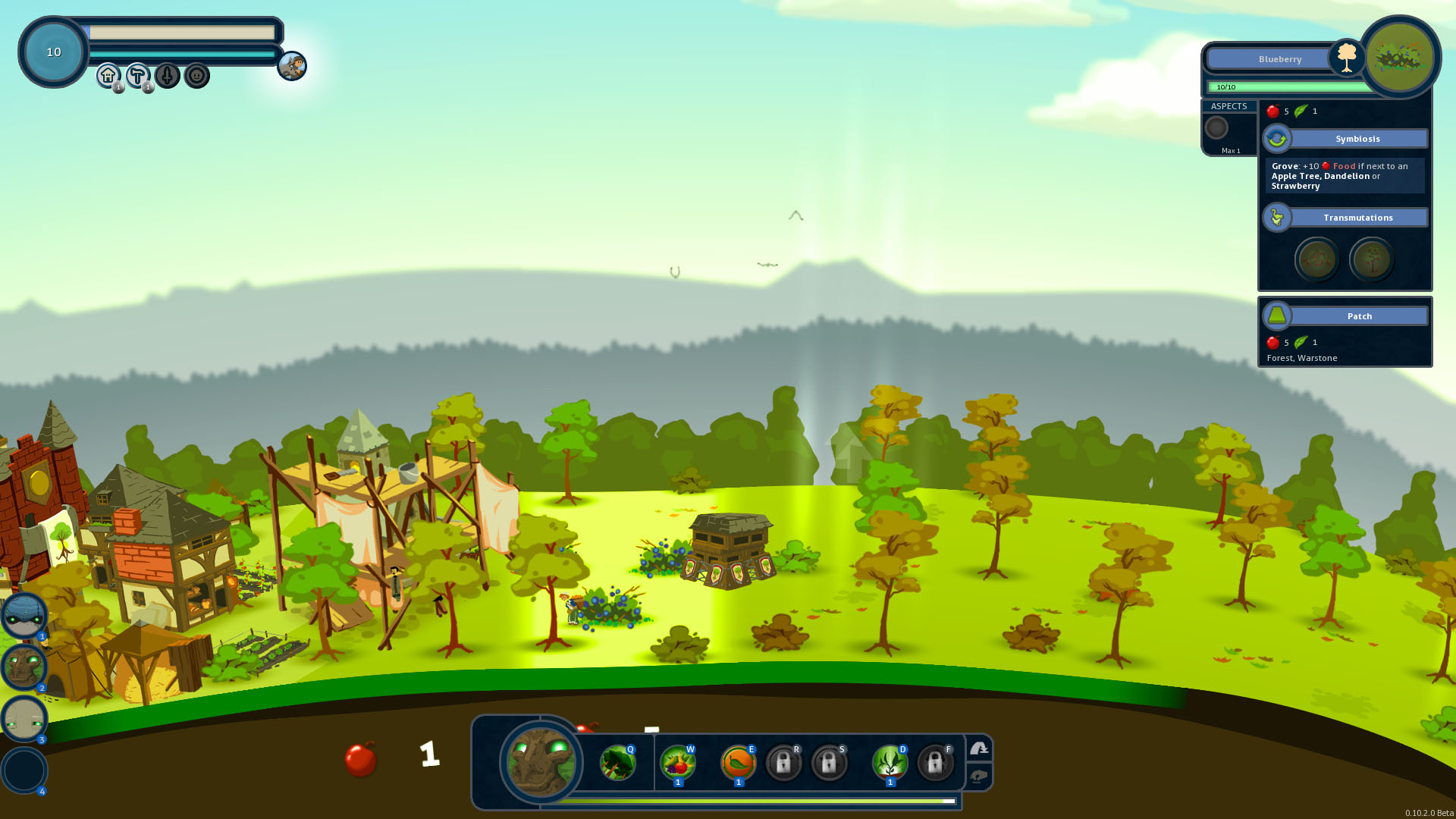
-
Reus Review #7
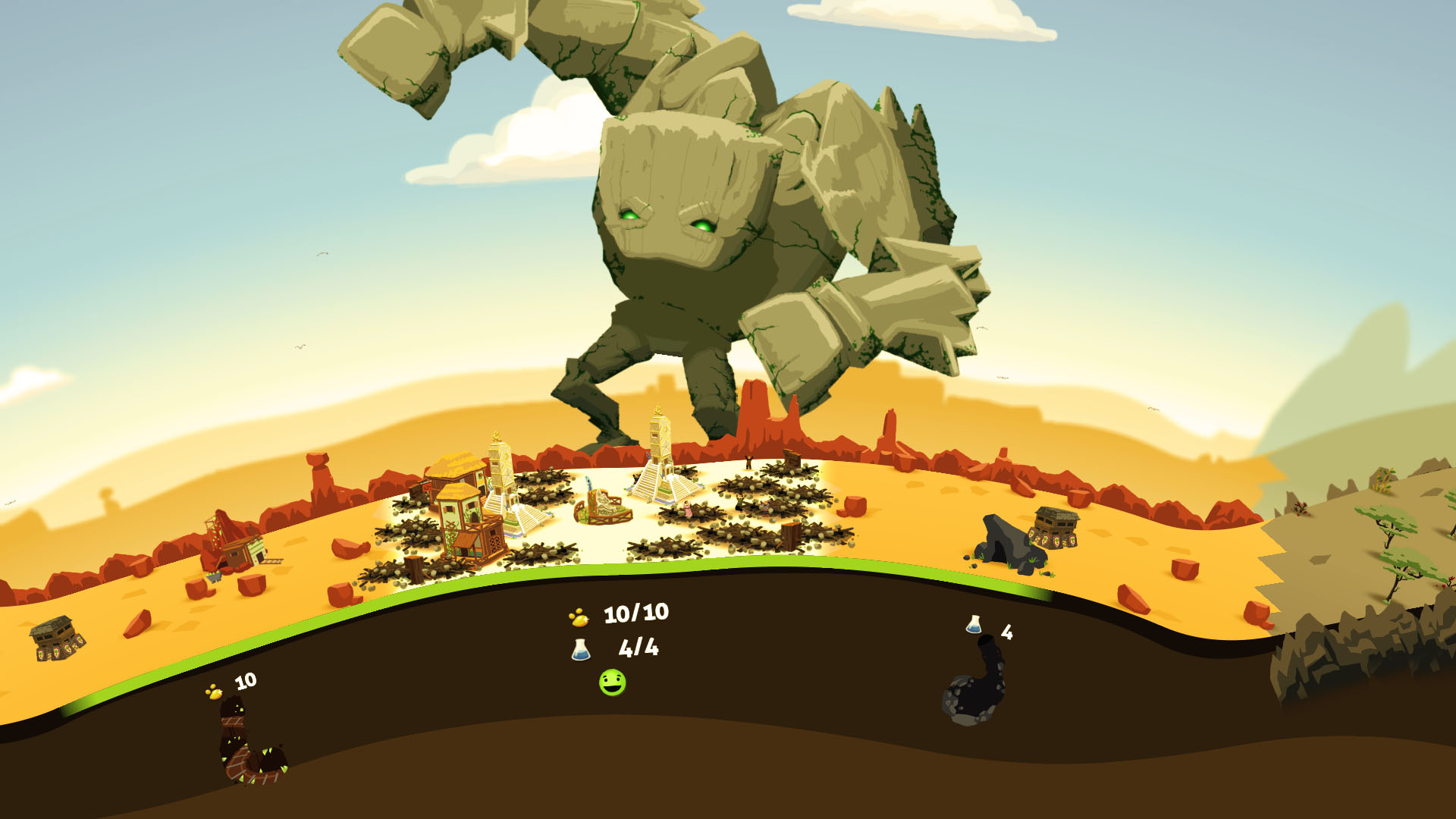
-
Reus Review #8
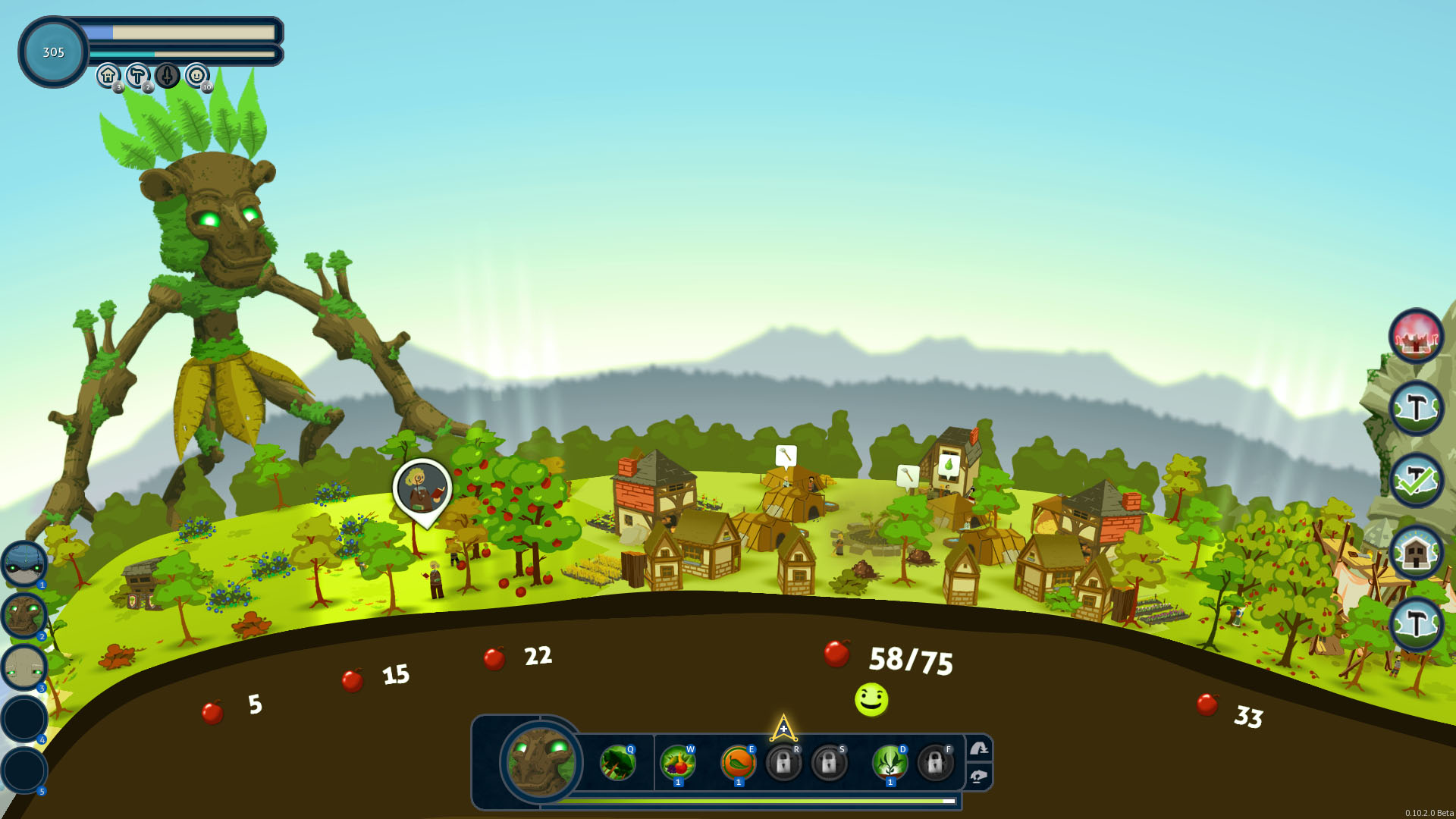
-
Reus Review #9
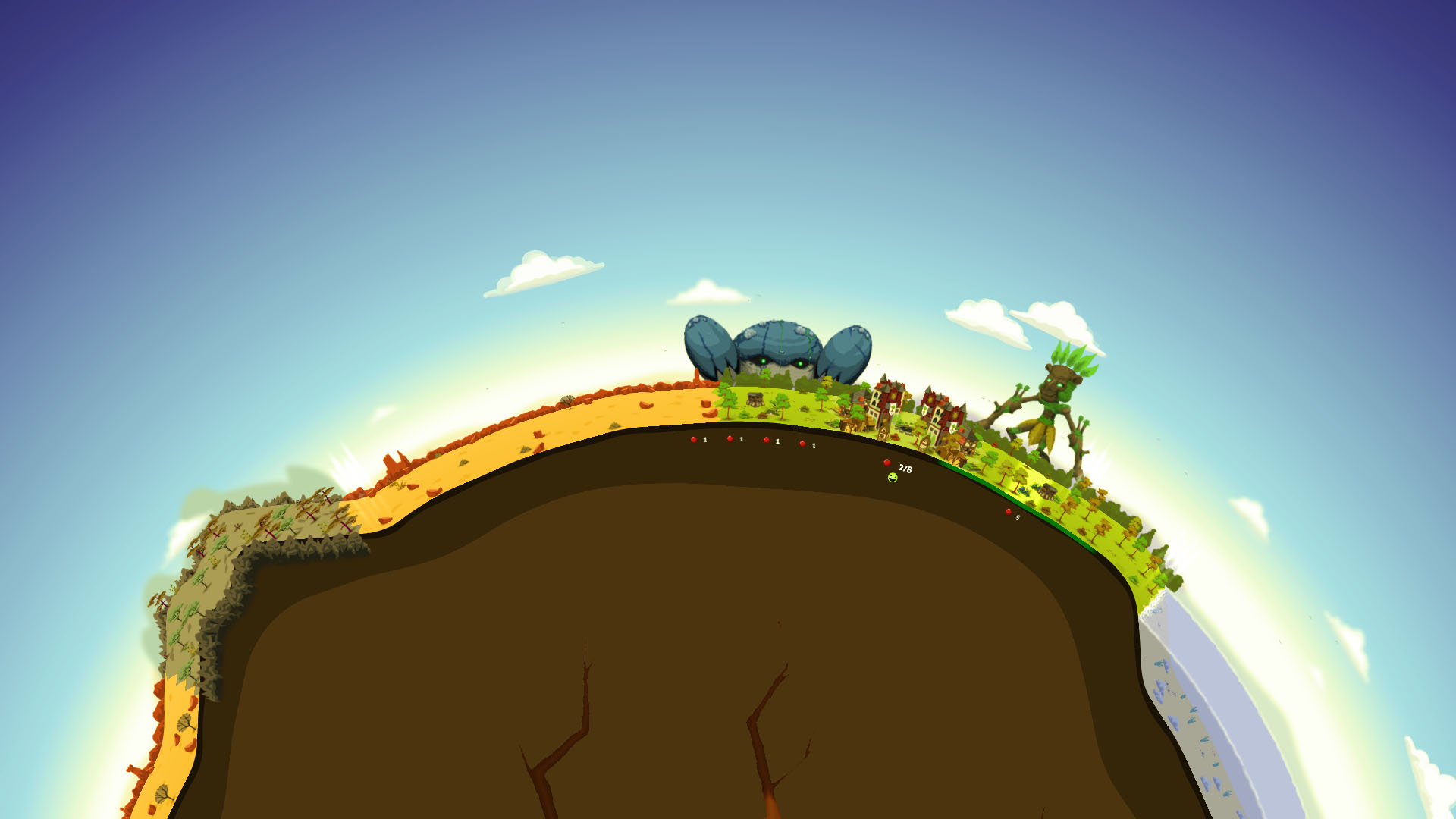
-
Reus Review #10
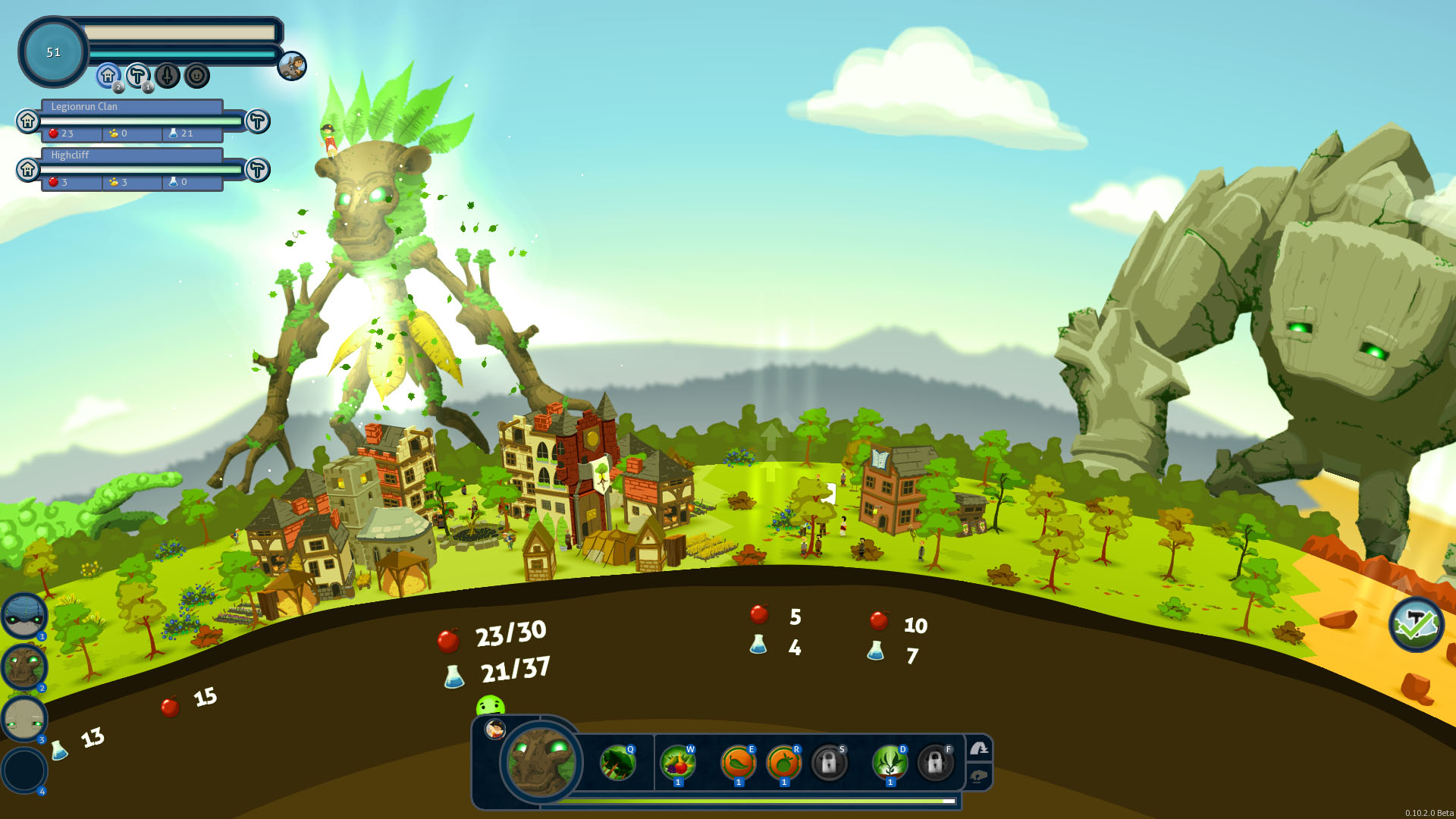
-
Reus Review #11
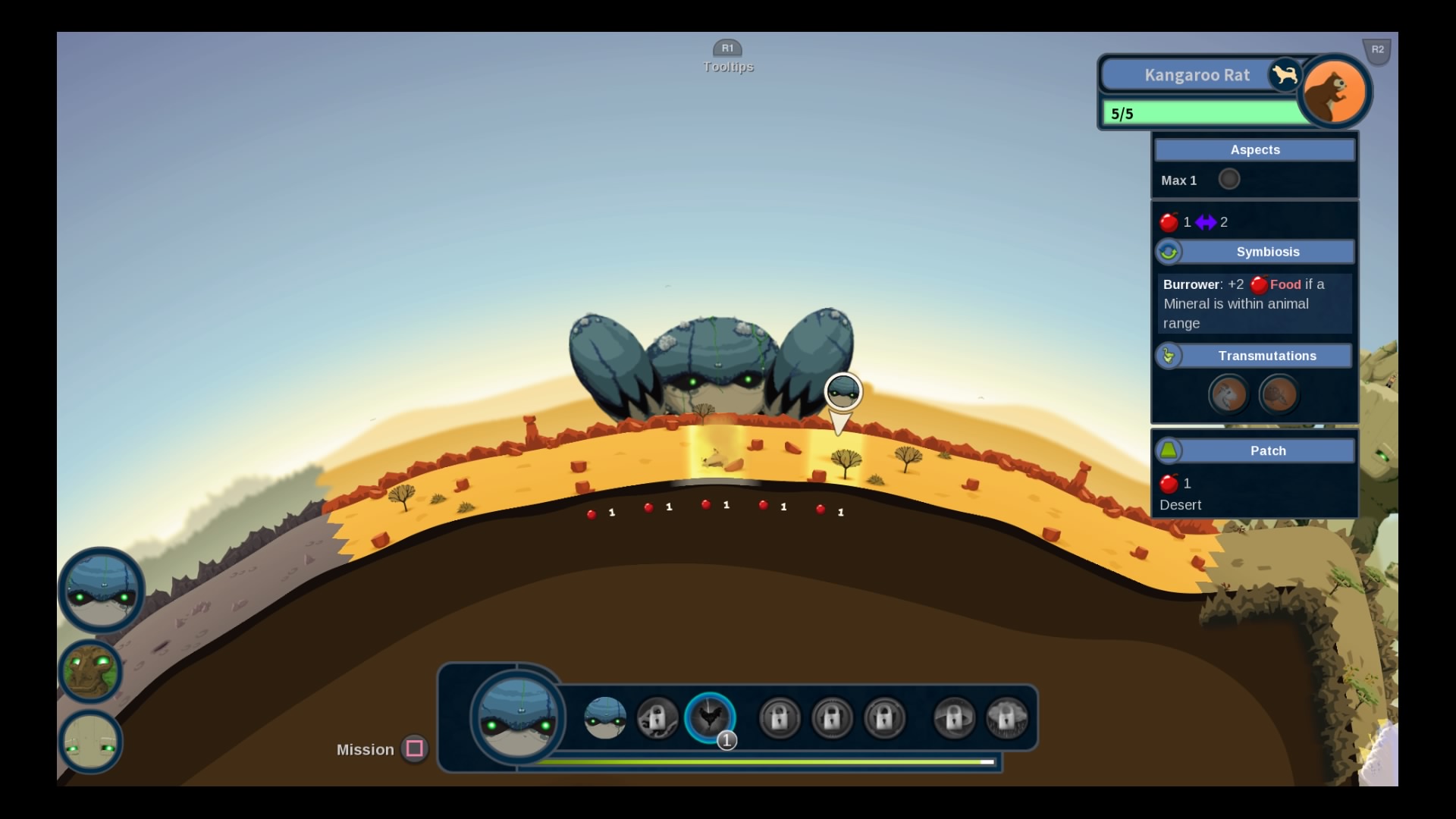
-
Reus Review #12
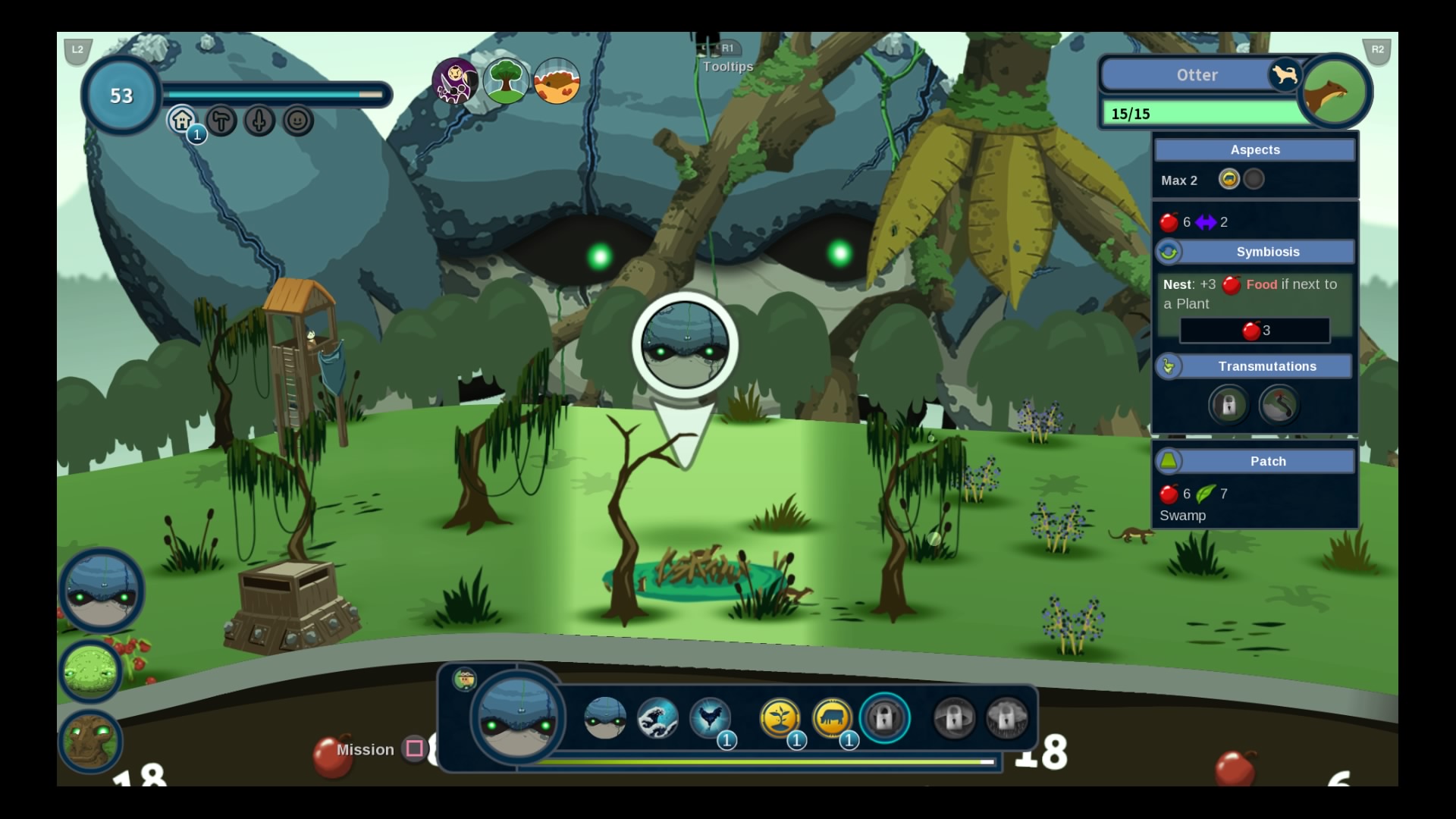
-
Reus Review #13
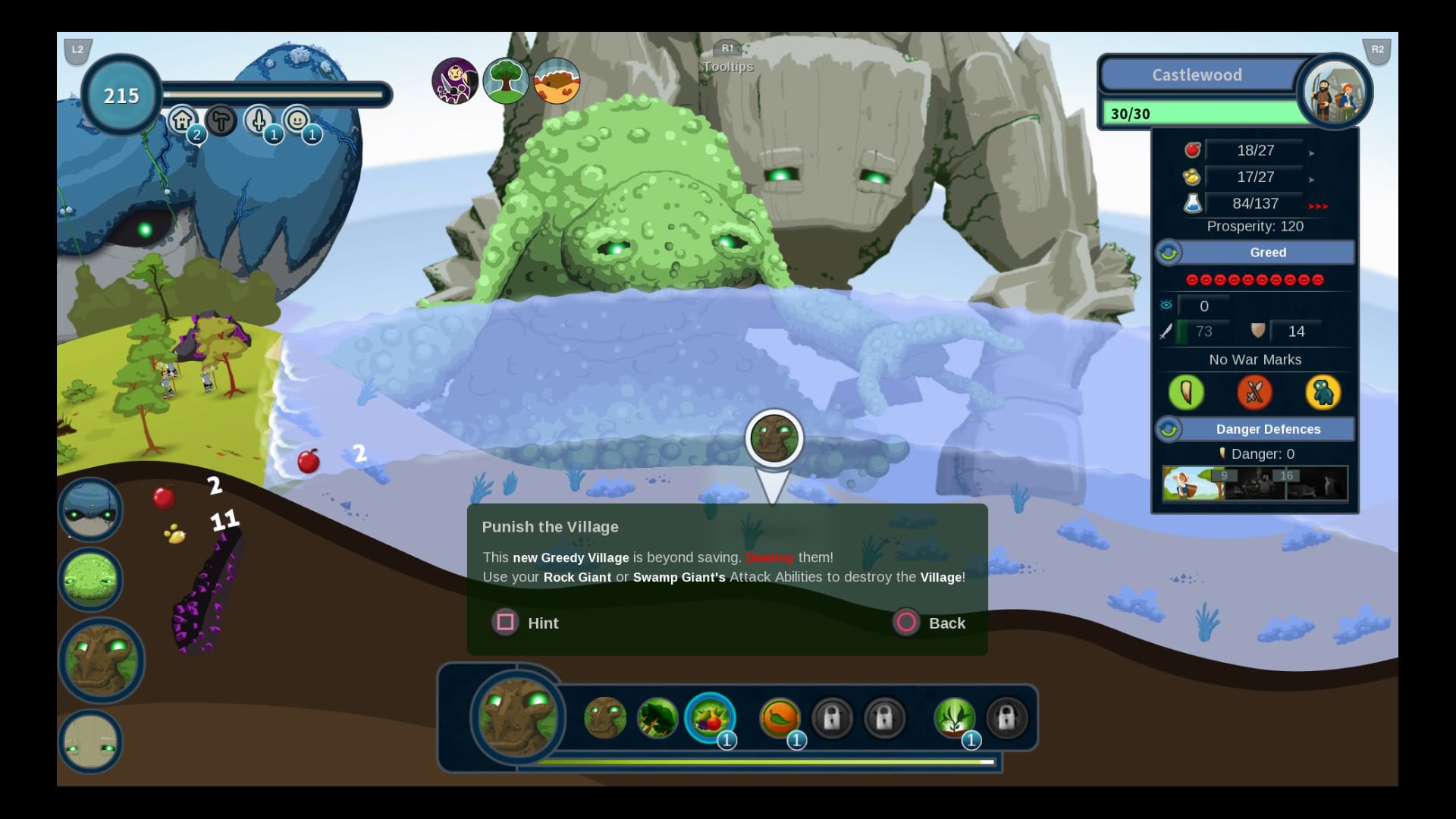
-
Reus Review #14
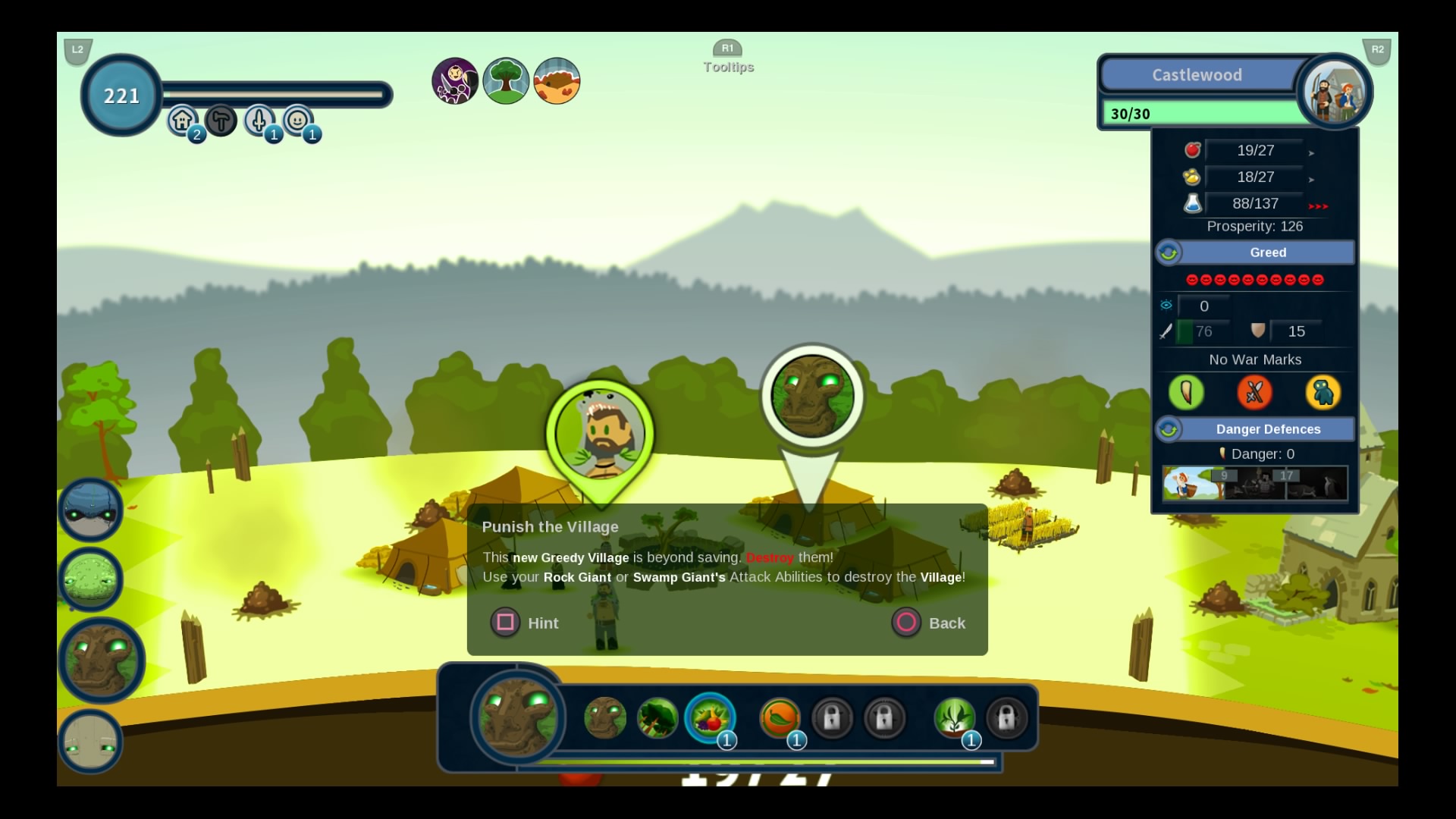
-
Reus Review #15
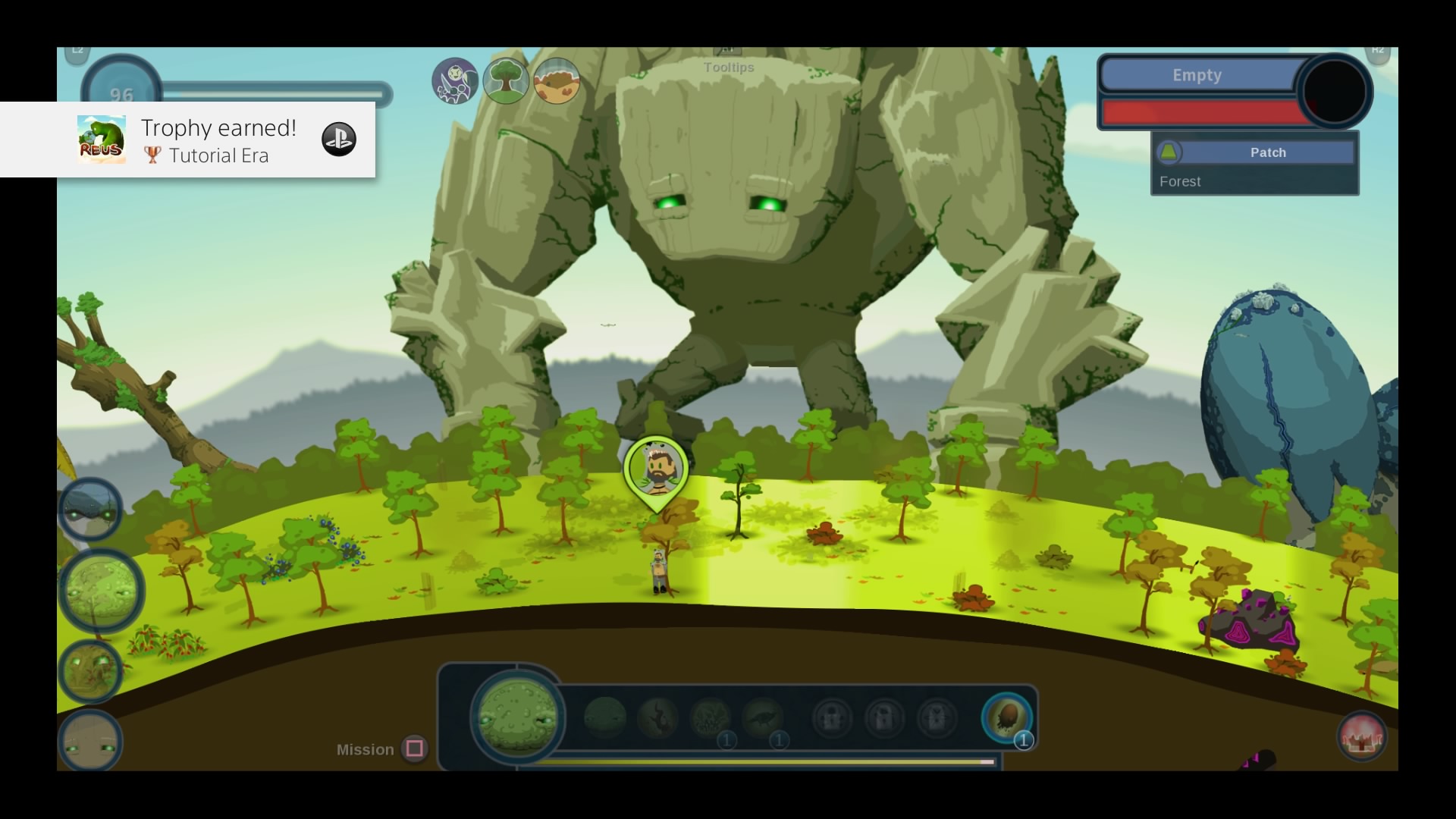
-
Reus Review #16
